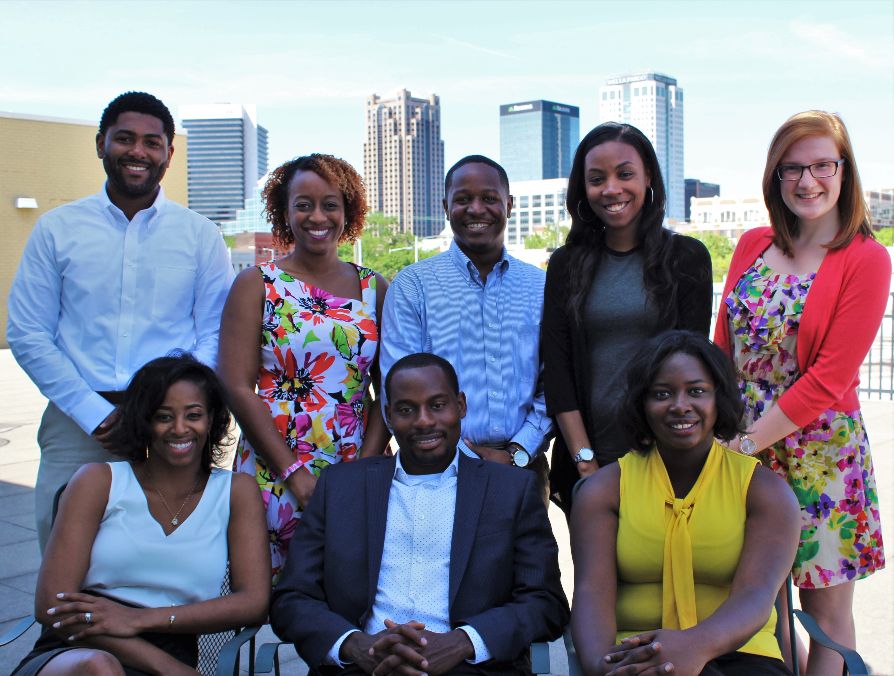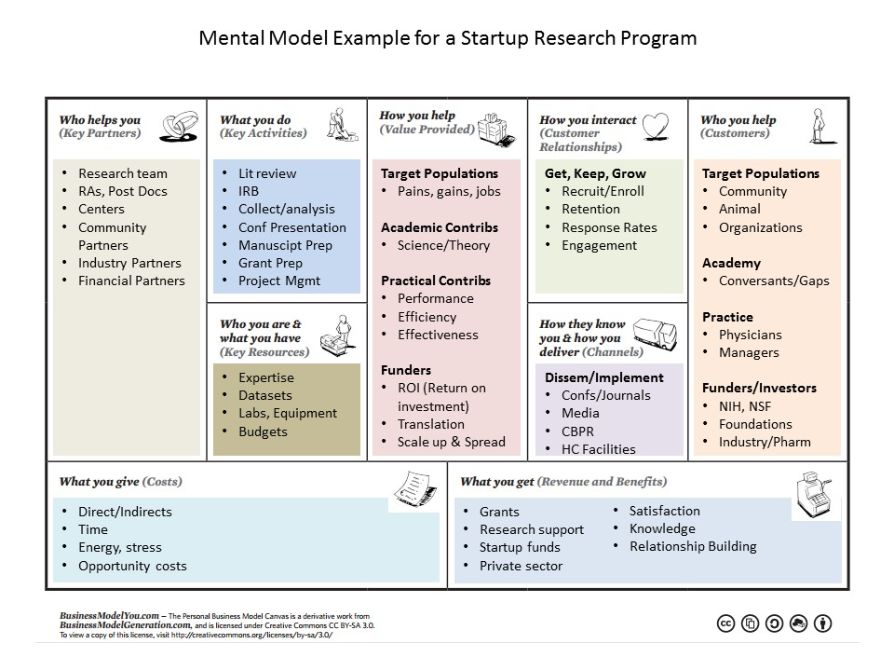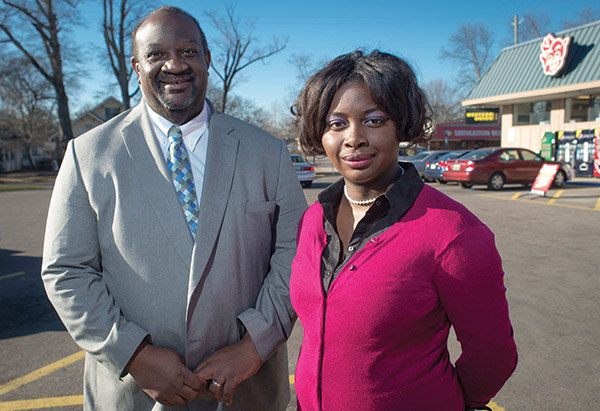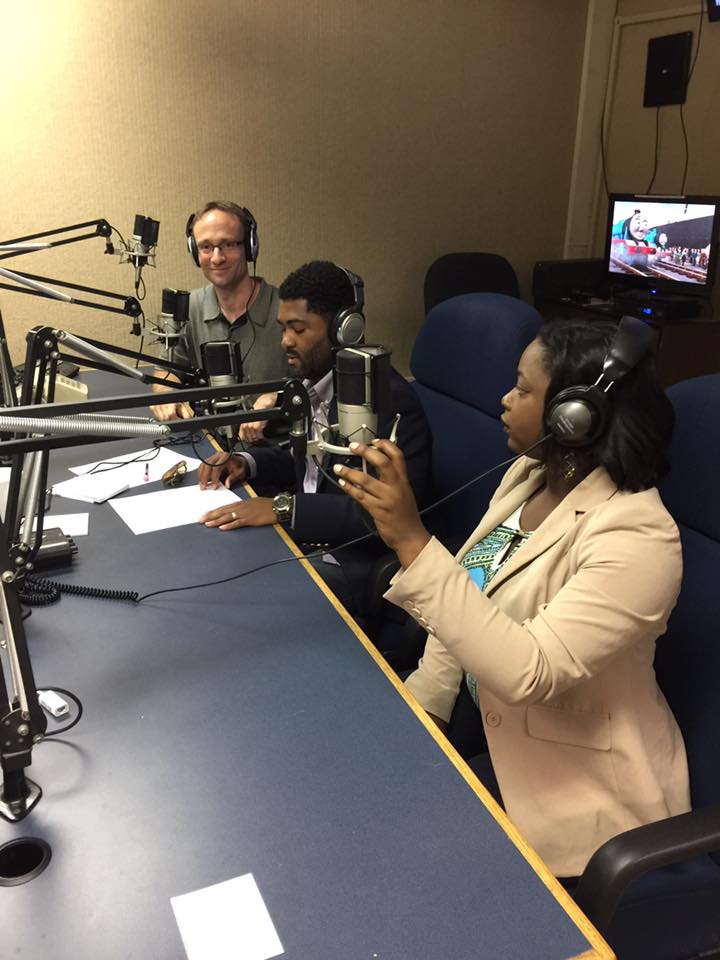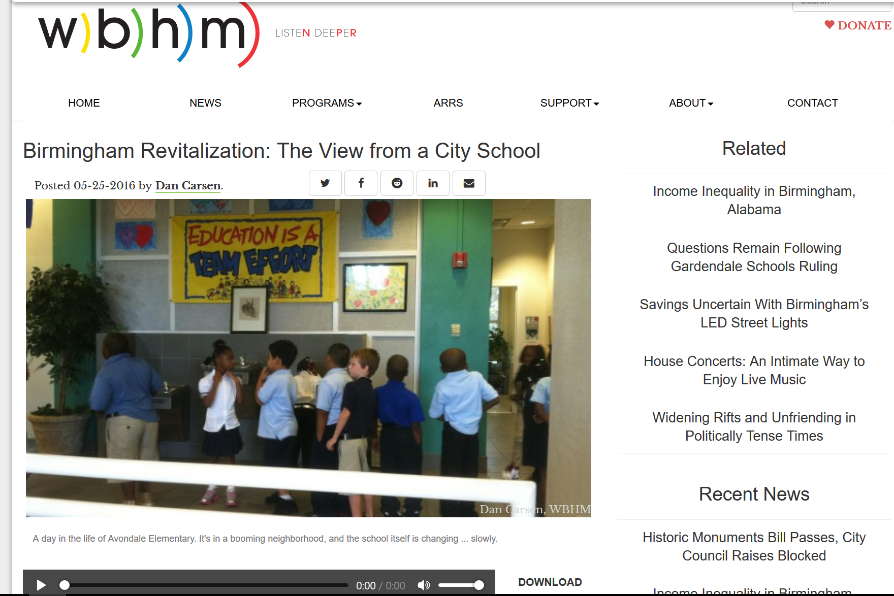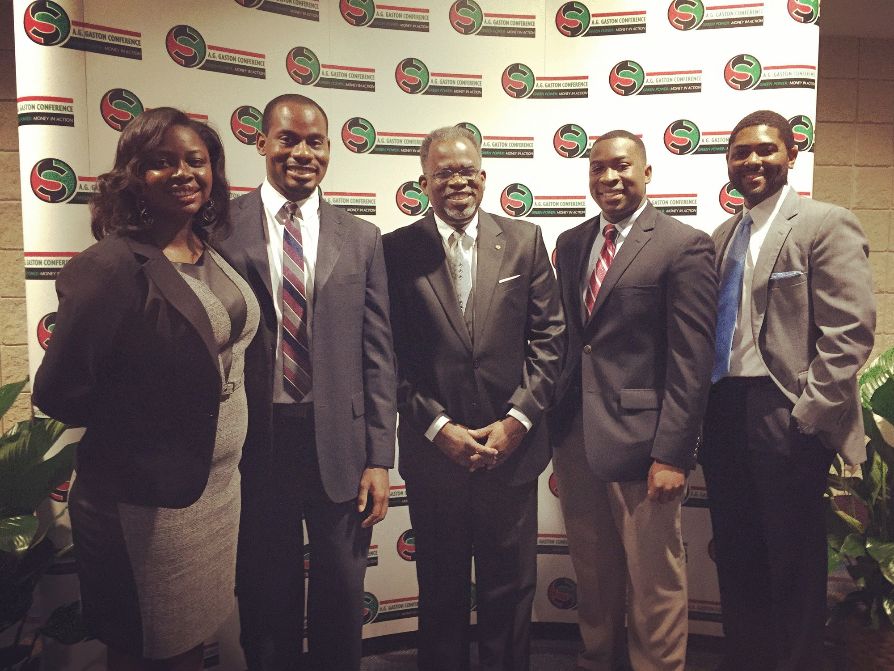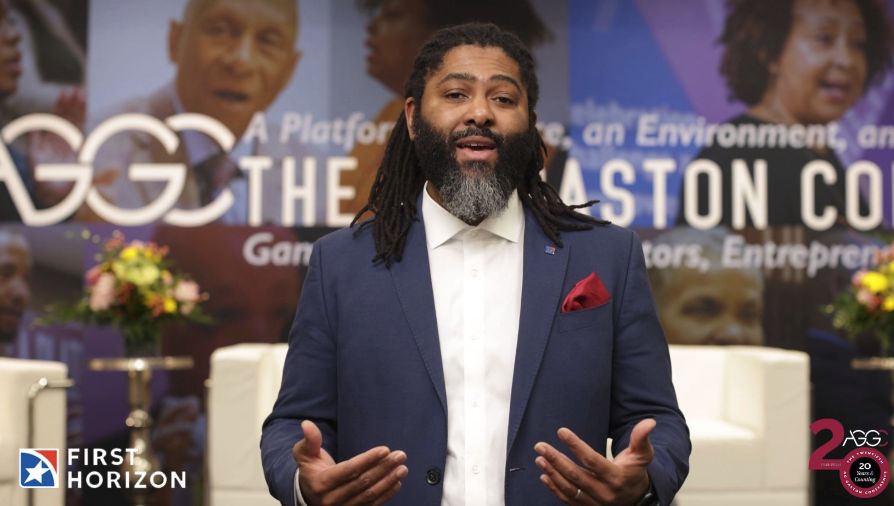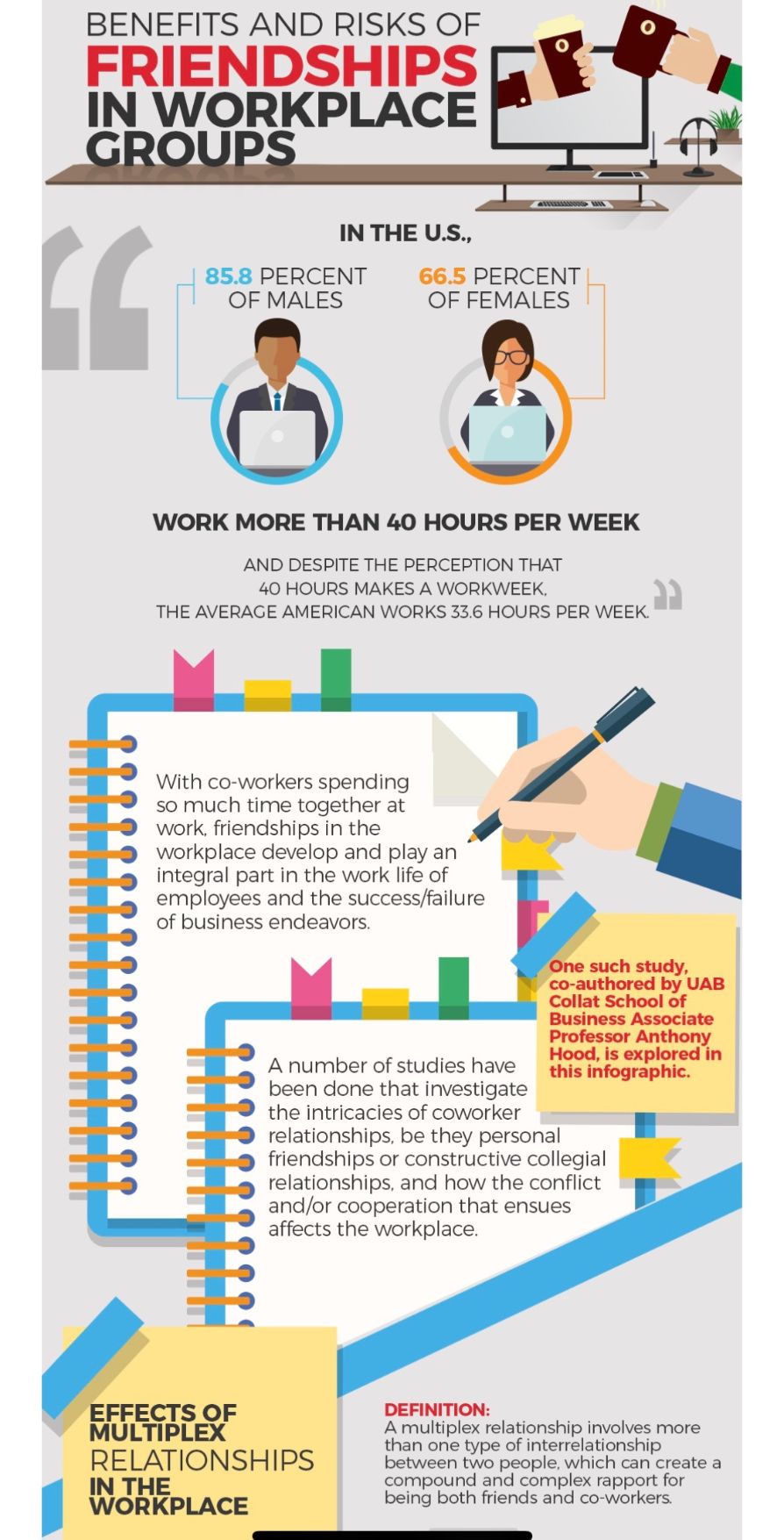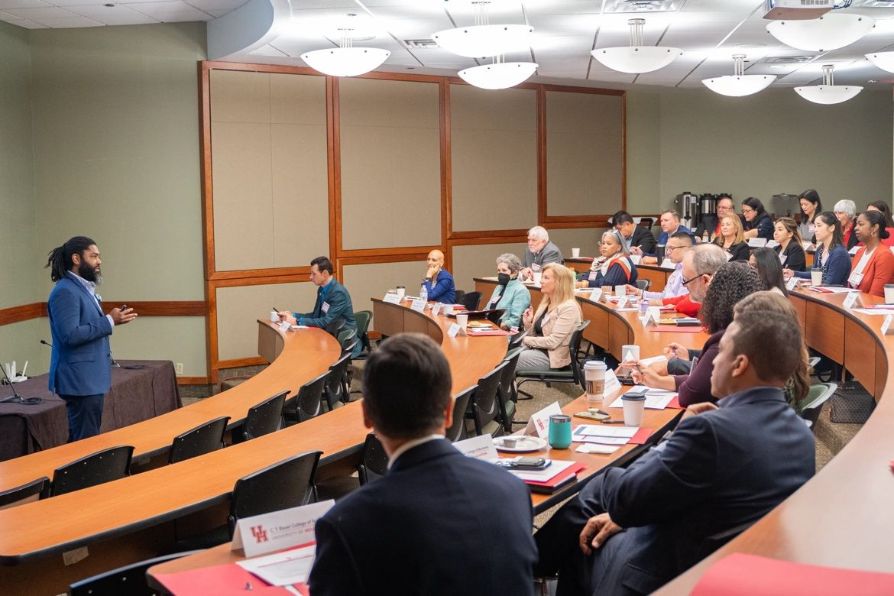One of the best parts of my job is allowing students to see what faculty really do for a living. Most only see what we do in the classroom. However, the things we do outside of the classroom like serving on boards and committees, conducting research and disseminating our expertise to the public is largely invisible to most students.
That’s one of the reasons I launched the PhD Prep Lab. Officially launched in the fall of 2015, the PhD Prep Lab is essentially a pre-incubator that attracts, nurtures and launches the next generation of PhD-level talent. Our lab employs an entrepreneurial approach to career development by encouraging pre-doctoral students to view their careers as startup companies and themselves as the founders and CEOs of their startups. We make use of traditional entrepreneurial tools such as the business model canvas, lean startup and rapid-prototyping to design, test and validate the assumptions underlying students’ proposed research interests. In our view, doctoral programs are essentially business incubators. Tenure-track positions are business accelerators.
The PhD Project and the PhD Prep Lab
Since our founding, we have worked closely with The PhD Project, a national 501c3 responsible for a 90% minority doctoral student graduation rate and 400% increase in the number of minority business professors since 1994. In fact, one of the first research articles published by members of our lab explored the Annual Conference of The PhD Project as a vehicle for the development of team-based relationships among potential doctoral students. The manuscript was essentially a first person account of our faculty and students’ past experiences attending the conference over the years.
Inclusive Innovation: Involving Students in Research and Practice
A little over a year ago, I was invited by Dan Carsen, head of the Southern Education Desk of our local NPR affiliate, 90.3 WBHM, to contribute to a new series on the Revitalization of Birmingham. Specifically, Dan wanted to discuss the impacts of changing neighborhood demographics on the local public school system. I asked him if some of my students could participate in the interview. He enthusiastically agreed.
I invited two of my lab assistants, Ariel Smith and Elijah E. Davis, to work with me on the interview. Ariel and Elijah both have research interests in the areas of community and economic development. For example, Ariel has been publicly recognized for her community-engaged scholarship: The Community as a Case Study.
Ariel pictured here with UAB Professor Nathan Oliver, faculty advisor for her project.
Our team decided early on that it would be important to prioritize evidence over emotion in the interview. As a result, we did what all good researchers do at the start of a project—a literature review. Because Elijah had a conflict with the interview appointment, he volunteered to lead the lit review.
With Elijah’s report in hand, Ariel and I gave the interview in the studios of WBHM. It was a great experience for us all. To listen to the interview or to read a transcript, visit: Birmingham Revitalization: The View from a City School.
I’m proud to report that both of these scholars are making significant strides in their professional development. Ariel is finishing up her Masters degree at Vanderbilt University and will begin work on her PhD this fall at Purdue University. Elijah is working on his MBA at the Collat School of Business at UAB and is currently investigating doctoral programs. Both are actively conducting applied research in the areas of community and economic development.
Dr. Hood is an assistant professor of management in the Collat School of Business at UAB where he conducts research on conflict, communication and innovation in teams. He is the founder of the PhD Prep Lab, a research-based startup that attracts, incubates and accelerates PhD-level talent. He also promotes inclusive innovation and team science in his role as Co-Chair of the UAB Center for Clinical and Translational Science’s One Great Community Council.

